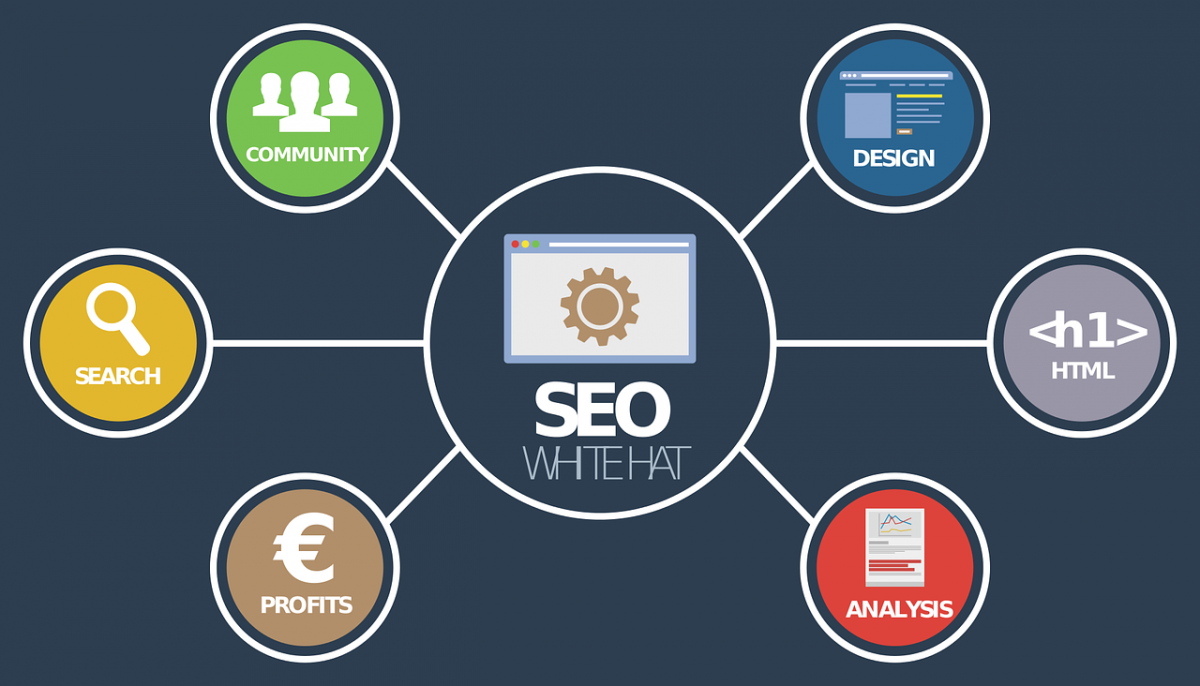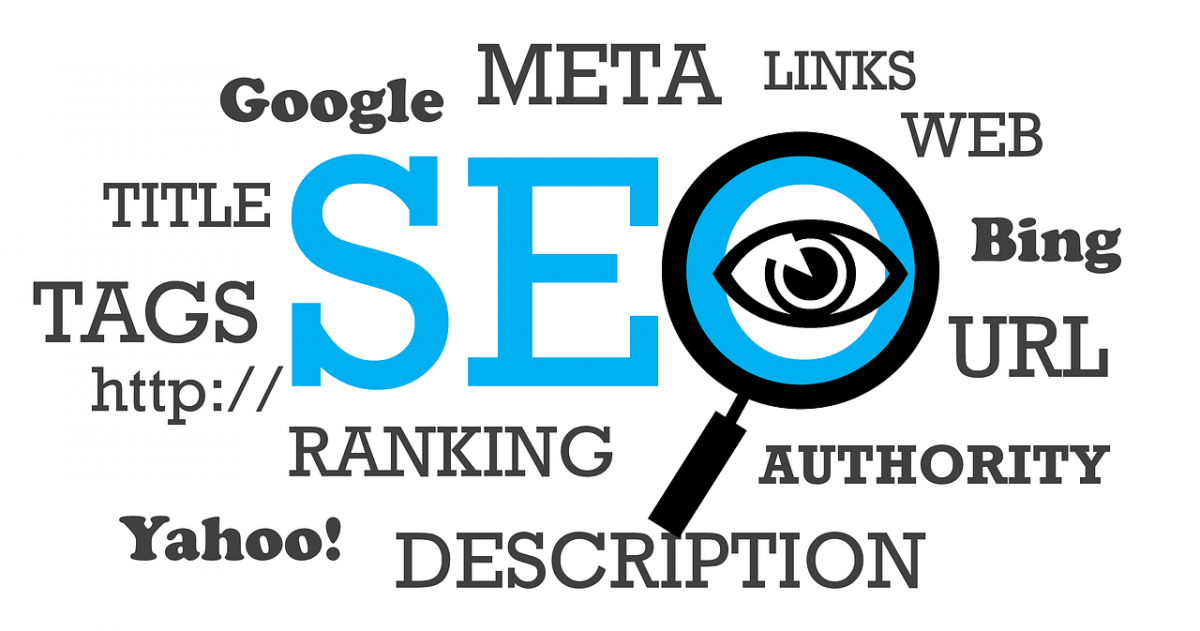
It is an aspect from which you can obtain many resources for the development of your online store or commerce. From an approach that is characterized by being very innovative and offering more solutions in the management of your business line than you can have from the beginning. Especially, if you are one of the people who think that you have to be with the new trends in digital marketing such as this is the case.
Well, and to get into this current topic, EAT is the acronym that represents three of the main aspects for efficient SEO optimization: Experience, Authority and Trust. But… what does T have to do with Confidence? The explanation is simple: like many concepts in Online Marketing, these acronyms come from the English terms "Expertise, Authoritativeness, Trustworthiness".
Another aspect that you should assess from this moment on is the one that has to do with the nature of your own business. From this point of view, there is no doubt that in the end You will need higher or lower levels of experience in the information you offer. For example, on the websites of reviews of leisure or training companies, any content can be classified as made by an "expert" (or at least it will not be penalized in terms of its level of experience), since these sites require opinions and " daily experiences ”that do not have to come from someone who has great knowledge of the subject in question.
EAT in SEO: experience

The truth is that it is not about referring to any expert, but the content itself marks whether it has been created by someone who knows and understands what they write. For a page to be positioned correctly, its content must be interesting to visitors, as well as original and true. That is why Google will consider a content creator who follows these rules to be an expert on the matter.
Authority
The natural links you have: because if you are an authority, the logical thing is that other trusted websites in your sector link your page as a reference. Note that we have specified "natural". If your content is good and your company has done a good job of SEO On Page, the links will come by themselves.
Brand Keywords: Are people already searching for your business name on Google? That is a good indication to Google that you are doing well.
Social networks: If your content is shared, it is also a sign that you are seen as a reference.
As you can see, again, we are talking about concepts that have to do with your brand image work in general.
Trust
It is also pure logic. Who is Google going to show first? To a website that can be trusted or one that we have no references to? The key here is to see how we teach Google that we are "trustworthy."
We give you some ideas:
Contact information: clearly show how they can get in touch with you. If your business has an office, it is also good that you link your profile with an address.
Secure page or HTTPS: Although this is no longer important to Google, but rather that your potential clients want to have the peace of mind that your website is safe and that their information is protected.
Legal pages: yes, those that nobody ever pays attention to and that many companies copy. Have your pages well adapted and easy to access. If you sell products, the same applies to your return policy.
Credibility
Of course, this aspect refers to more technical aspects of the portal, such as having an SSL certificate on our portal, easy and fluid navigation (without cheating), fast loading times, etc.
The EAT metric is applied to each and every one of the portals, but it has special relevance in YMYL portals, given the nature and vital relevance of the content that is covered in this type of portals. If your portal has been in free fall for a few months and you do not know why, you should consider implementing measures of this type to mitigate the effects of this update.
Website positioning
In the Google guide for evaluators they indicate which are the most important factors to measure the quality of a page, these are:
The purpose of the page.
High level of EAT, they define it as "an important quality characteristic".
Good amount of quality content. With descriptive content and a good title. This takes time, effort, experience, and skills.
Sufficient information from the site or information about who is responsible for the main content.
A good reputation of the site and reputation of the editor.
On the other hand, that Google sees as a poor quality page one that has a low EAT level, low quality content, little amount of content for the purpose of the page. Even if the title is exaggerated or impressive. Also, that it has notices that distract from the main content. And that the site has a negative reputation.
Website positioning
Improve your online reputation and receive reviews from third-party sites. Remember that what people say about your business matters a lot.
Do not fill your site with notices.
Show your brand and its authors, so you will gain confidence.
Cite credible sources in texts and receive links as sources of other texts.
Make sure your YMYL content is supported by scientific evidence.
Get mentions from authority sites and in forums.
In general, you have to be reliable.
Do everything you can to prove your EAT.
From this point of view it should be noted that it is not surprising that Google relies more on the pages that clearly expose their data, such as the domain owner, the location of the company, the names of the editors, etc ... That for example, of pages that continue to use an anonymous "Whois" or that simply do not expose any data.
Knowing who is writing, who owns a web page and even the address of said page or company, is a factor that gives the reader confidence and that Google likes.
While on the other hand, another of the most relevant aspects that affects this issue is a good thermometer to enhance the website of our store or online business. So that in this way, it provides a series of characteristics that we are going to comment on from now on:
The first characteristic of a high-quality page is precisely a high EAT level. The list includes as add-ons:
• A high level of experience, authority and reliability, including the EAT of the editor and / or author of the articles and information contained in the pages.
• Have a considerable number of high-quality main content.
• Have enough information about who is responsible for the site and / or enough information about the sale of the product or service. If the site of for sale online, it must clearly specify on the main page how the financial transactions will be made.
• Achieve with clear and truthful information, in addition to valuable content and friendly navigation, the positive reputation of the site.
Everything discussed can give you the foundations of what EAT is and how you can make use of this knowledge to improve your rankings. Having a good quality rating on Google is a key factor when it comes to being at the top of search results. We hope this helps you get up and running so that your website offers expertise, authority, and trust in all of your content.
Evaluate the contents

To evaluate our web content we must answer a series of questions that will help us to know if the information we provide meets the requirements of this new update of the Google algorithm. The main questions are:
Does the content provide original information, reports, research, or analysis?
Does the content provide a substantial, complete, or complete description of the topic?
Does the content deliver insightful analysis or interesting information that is more than obvious?
If the content is based on other sources, do you avoid simply copying or rewriting those sources and instead provide substantial additional value and originality?
Does the title and / or title of the page provide a descriptive and useful summary of the content?
Does the title and / or title of the page avoid being exaggerated or shocking in nature?
Is this the type of page you want to bookmark, share with a friend, or recommend?
Would you expect to see this content in a print magazine, encyclopedia, or book that you reference?
While finally, it must be highlighted that the EAT in SEO is a concept that you may not know what this next-generation concept means, but it can be very useful for the development of your online store or commerce.